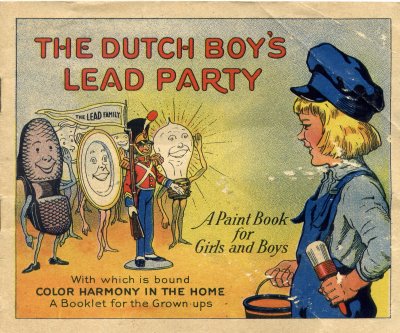Outsourcing Our Toxic Recycling

I’ve been writing about the horrors of outsourcing toxicity for approximately my entire career now. My favorite version of it the type that makes liberals feel good about their consumer choices while putting people in the grave. So this article on lead battery recycling tickled my dark, blackened, shriveled heart.
Lead is an essential element in car batteries. But mining and processing it is expensive. So companies have turned to recycling as a cheaper, seemingly sustainable source of this hazardous metal.
As the United States tightened regulations on lead processing to protect Americans over the past three decades, finding domestic lead became a challenge. So the auto industry looked overseas to supplement its supply. In doing so, car and battery manufacturers pushed the health consequences of lead recycling onto countries where enforcement is lax, testing is rare and workers are desperate for jobs.
Seventy people living near and working in factories around Ogijo volunteered to have their blood tested by The New York Times and The Examination, a nonprofit newsroom that investigates global health. Seven out of 10 had harmful levels of lead. Every worker had been poisoned.
More than half the children tested in Ogijo had levels that could cause lifelong brain damage.
Dust and soil samples showed lead levels up to 186 times as high as what is generally recognized as hazardous. More than 20,000 people live within a mile of Ogijo’s factories. Experts say the test results indicate that many of them are probably being poisoned.
Lead poisoning worldwide is estimated to cause far more deaths each year than malaria and H.I.V./AIDS combined. It causes seizures, strokes, blindness and lifelong intellectual disabilities. The World Health Organization makes clear that no level of lead in the body is safe.
The poisoning of Ogijo is representative of a preventable public health disaster unfolding in communities across Africa. One factory’s lead soot falls onto tomato and pineapple farms near a village in Togo. Another factory has contaminated a soccer field in Dar es Salaam, Tanzania’s largest city. In Ghana, a recycler melts lead next door to a family’s chicken coop.
Factories in and around Ogijo recycle more lead than anywhere else in Africa. The United States imported enough lead from Nigeria alone last year to make millions of batteries. Manufacturers that use Nigerian lead make batteries for major carmakers and retailers such as Amazon, Lowe’s and Walmart.
The auto industry touts battery recycling as an environmental success story. Lead from old batteries, when recycled cleanly and safely, can be melted down and reused again and again with minimal pollution.
But companies have rejected proposals to use only lead that is certified as safely produced. Automakers have excluded lead from their environmental policies.
Battery makers rely on the assurances of trading companies that lead is recycled cleanly. These intermediaries rely on perfunctory audits that make recommendations, not demands.
The industry, in effect, built a global supply system in which everyone involved can say someone else is responsible for oversight.
Perfect!
If anyone actually cares about environmentalism and people, the recycling has to take place near you. Otherwise, you are just as culpable as Americans who opposed slavery but didn’t do anything about the slave trade because it didn’t really matter much either way to them personally. But at least they could say they opposed slavery! There are a million versions of this kind of thing you can make comparisons to. Including Gaza. And yes, that culpability includes most of us and probably me too.
But hey, sounds like the kind of thing Larry Summers likes!


